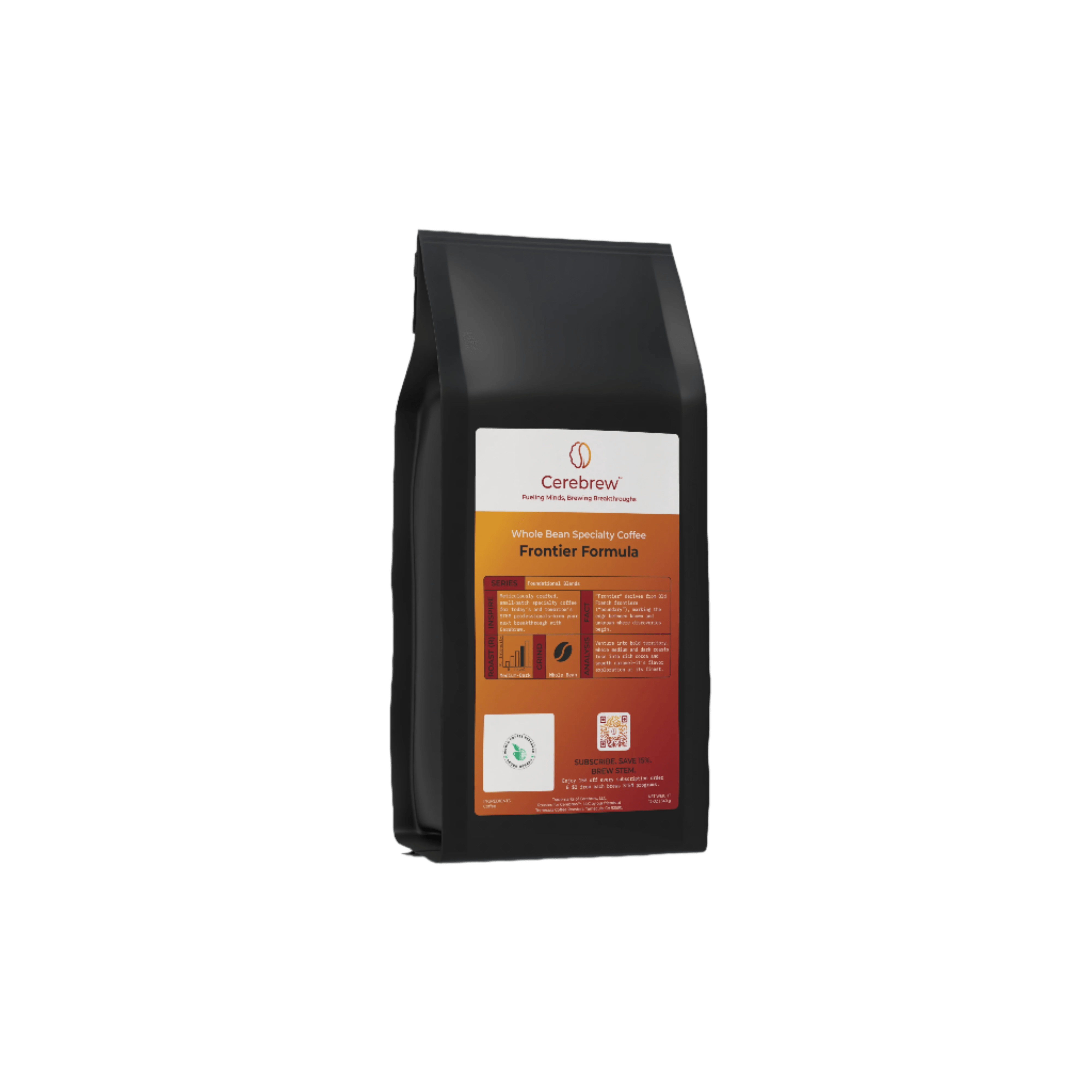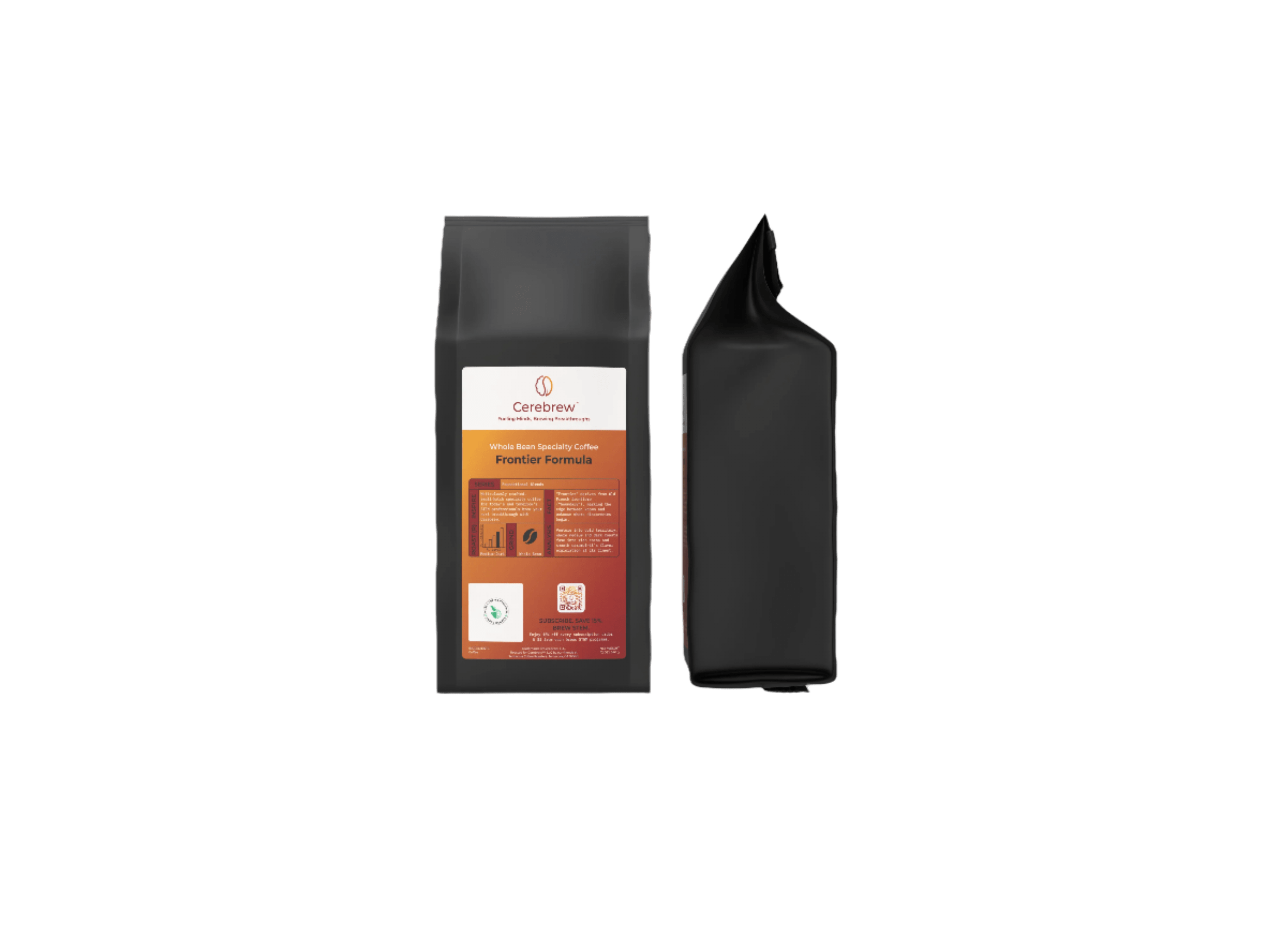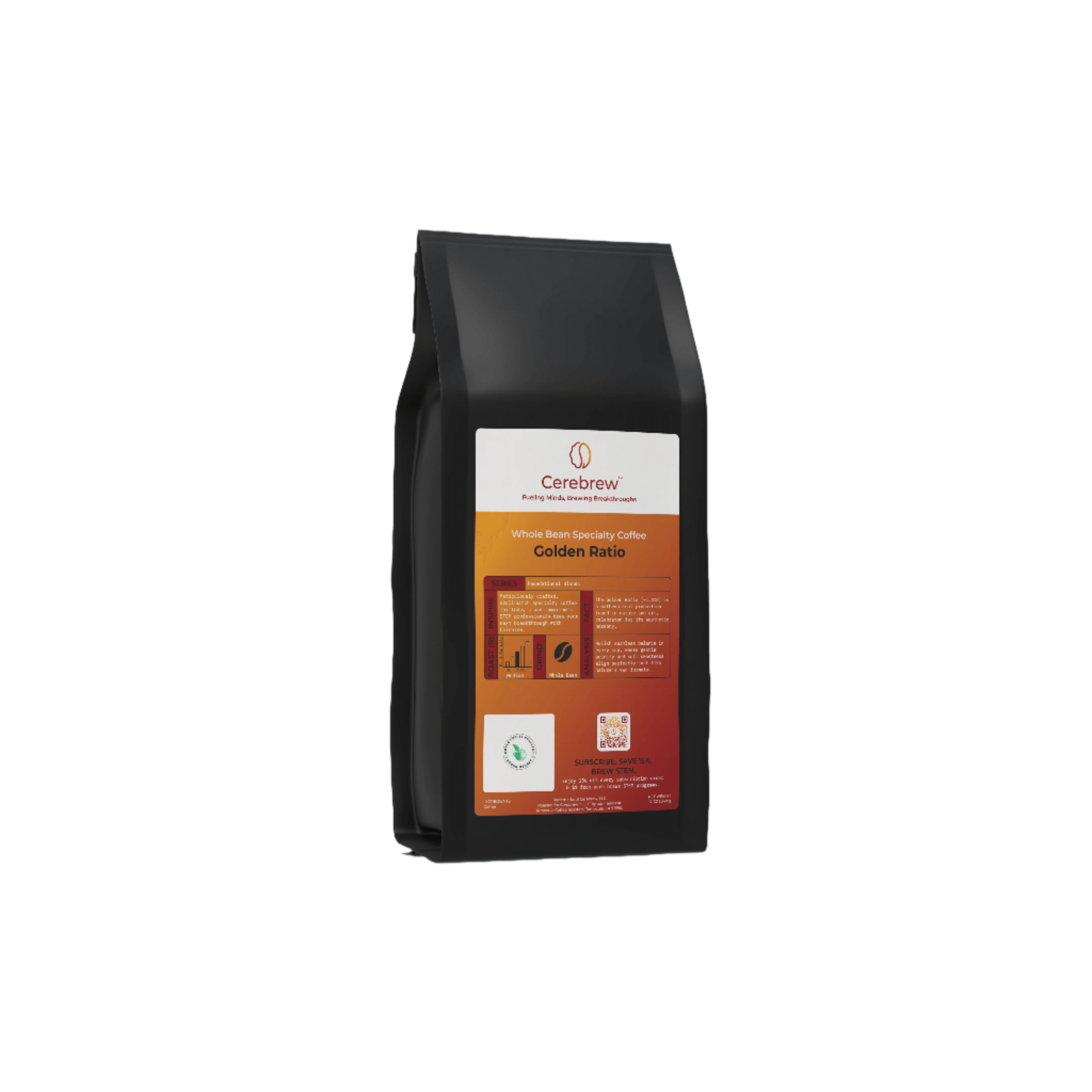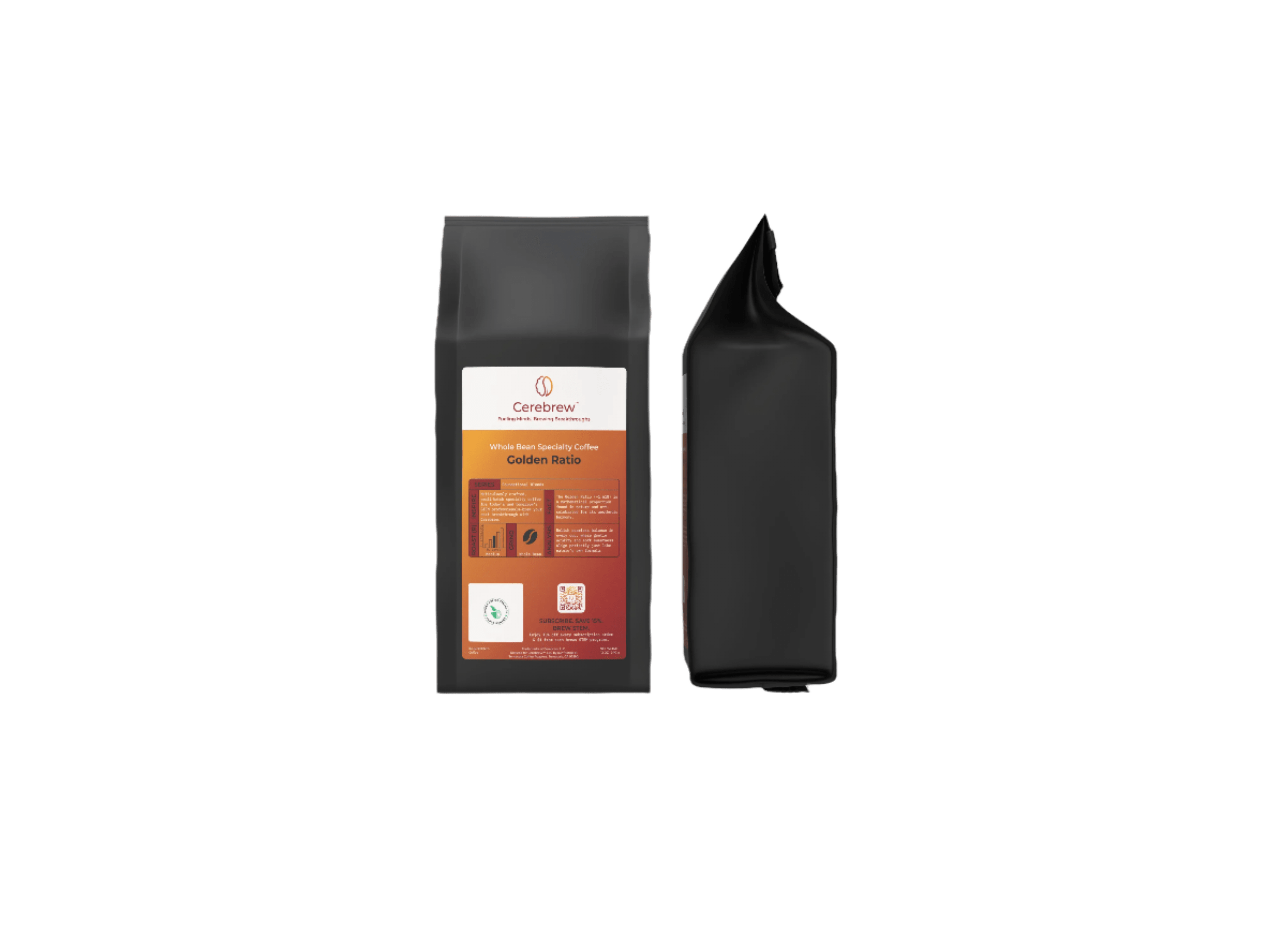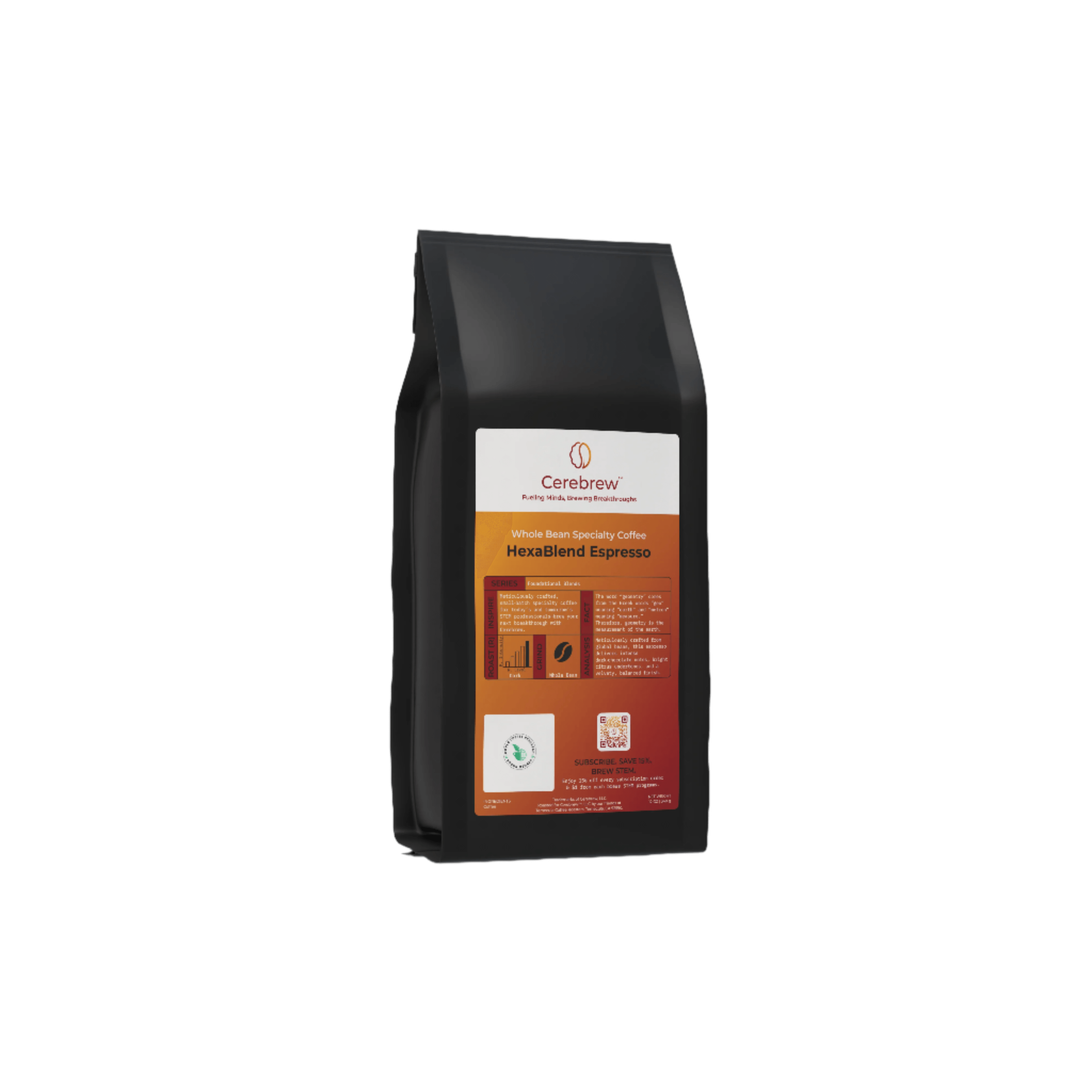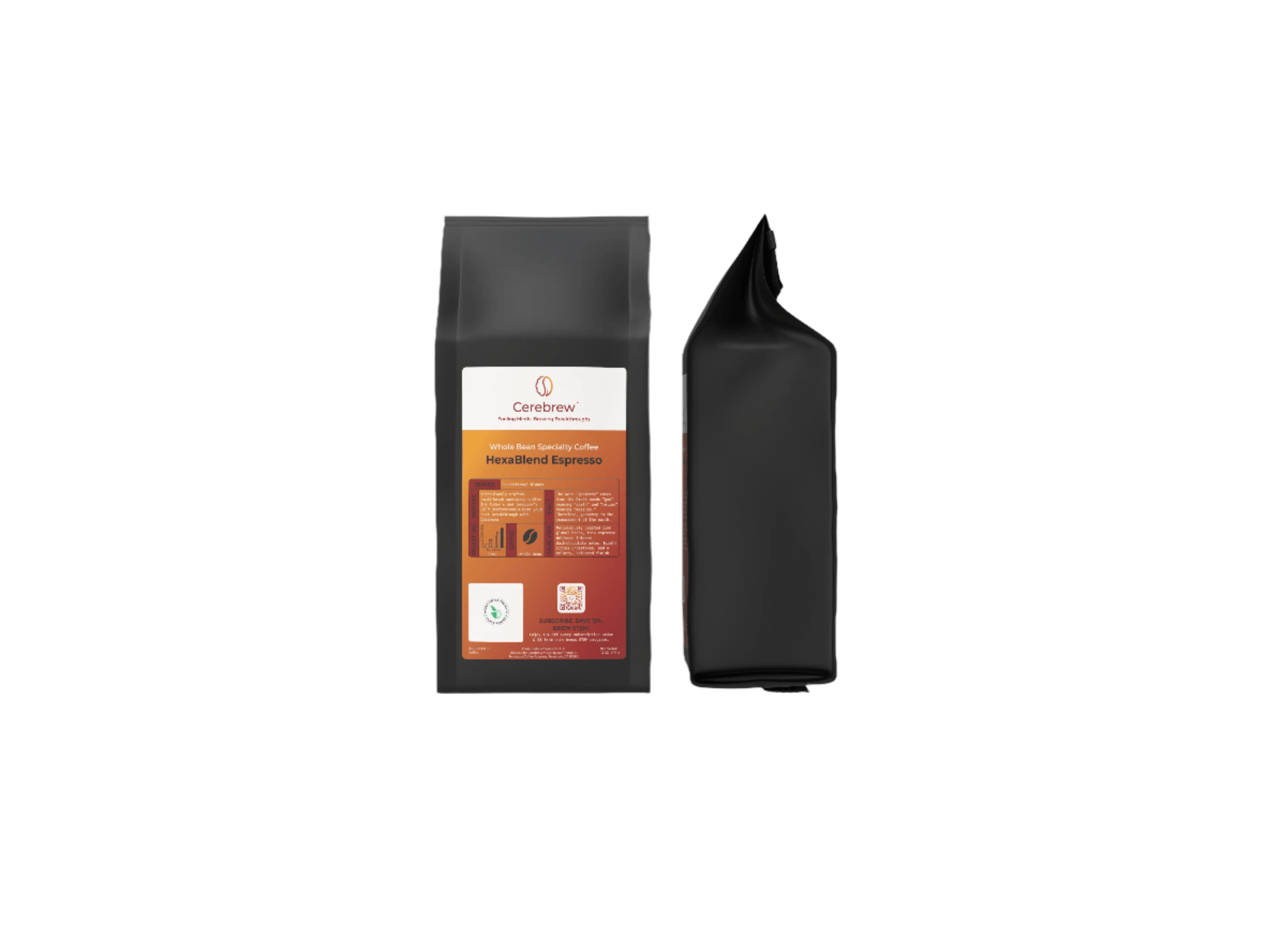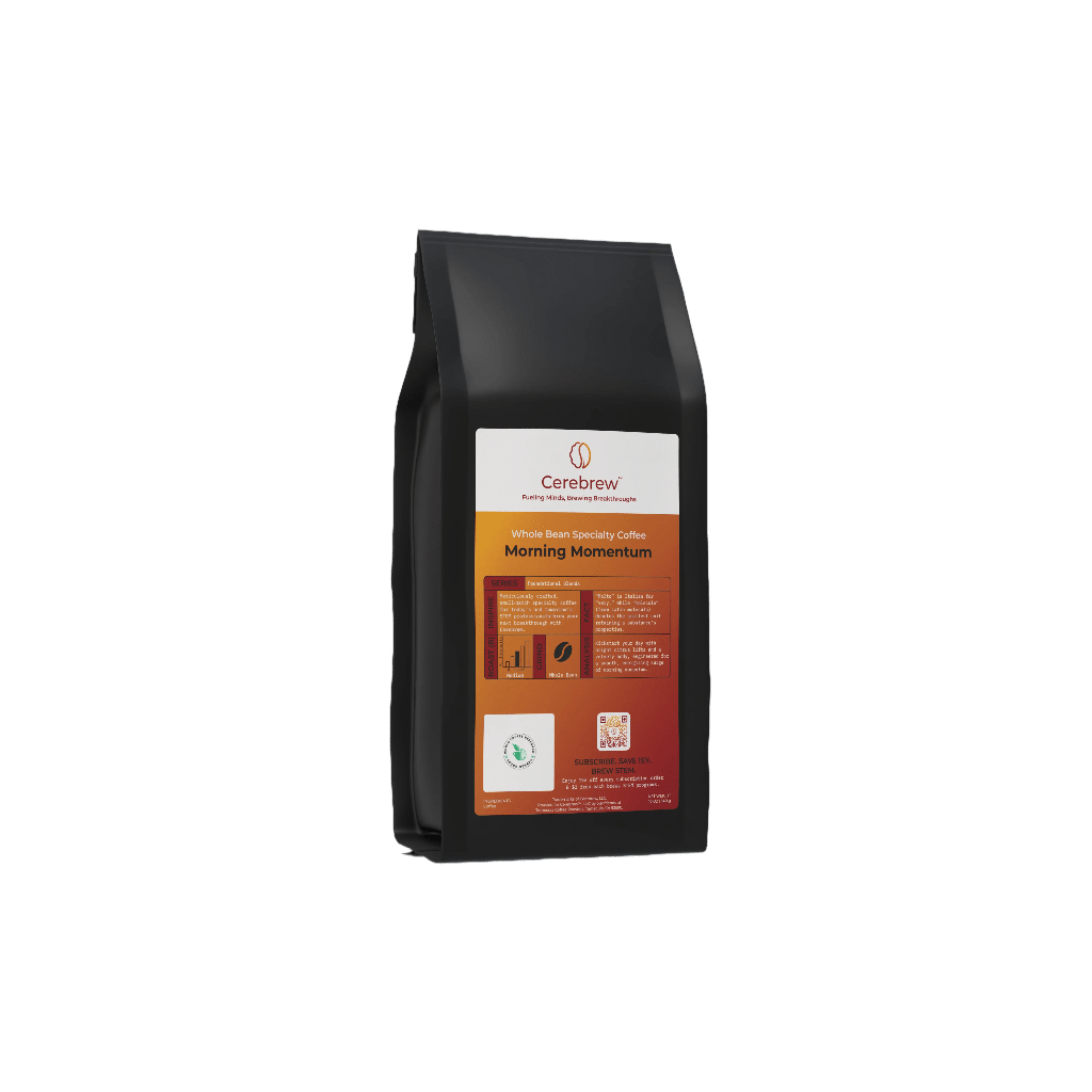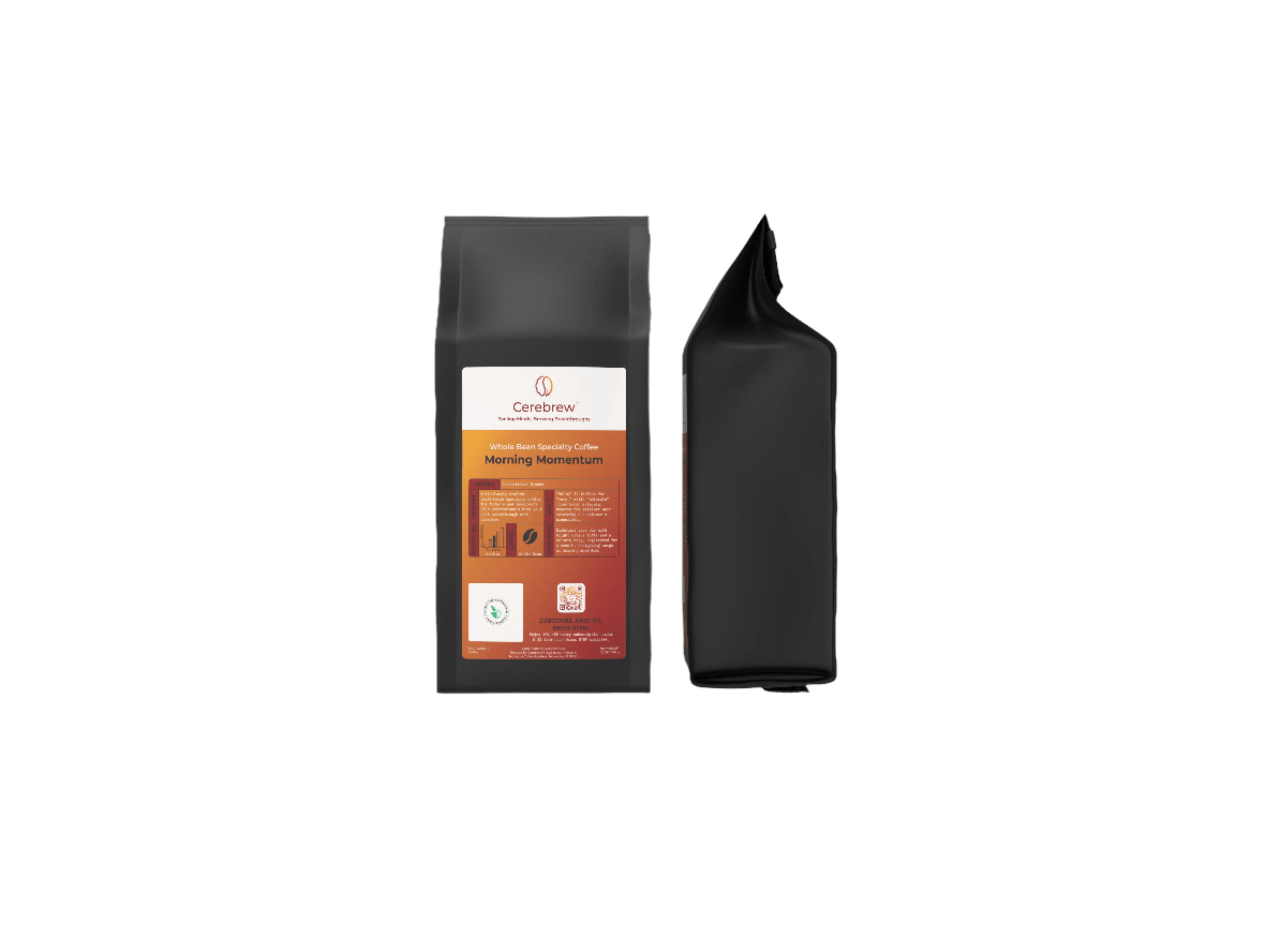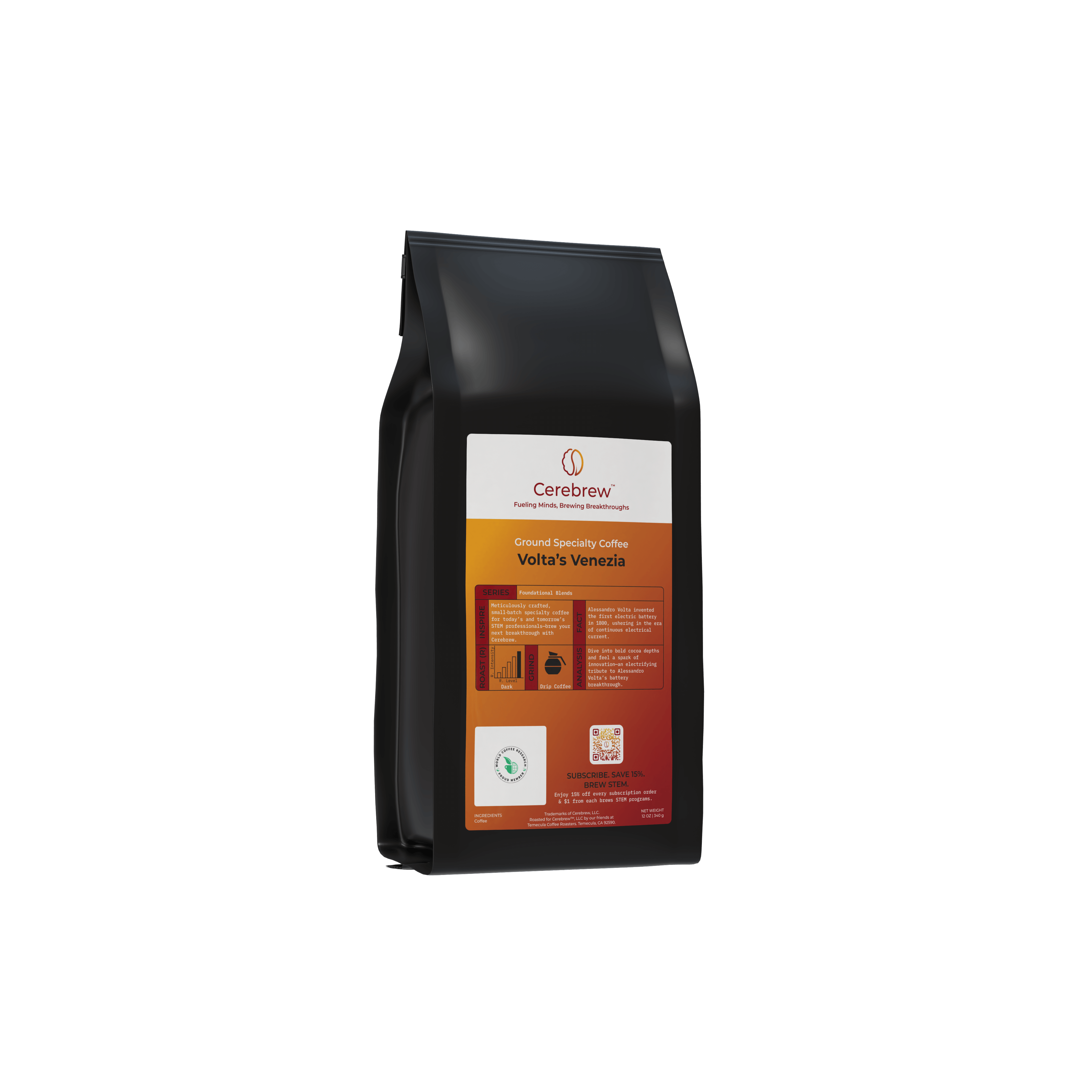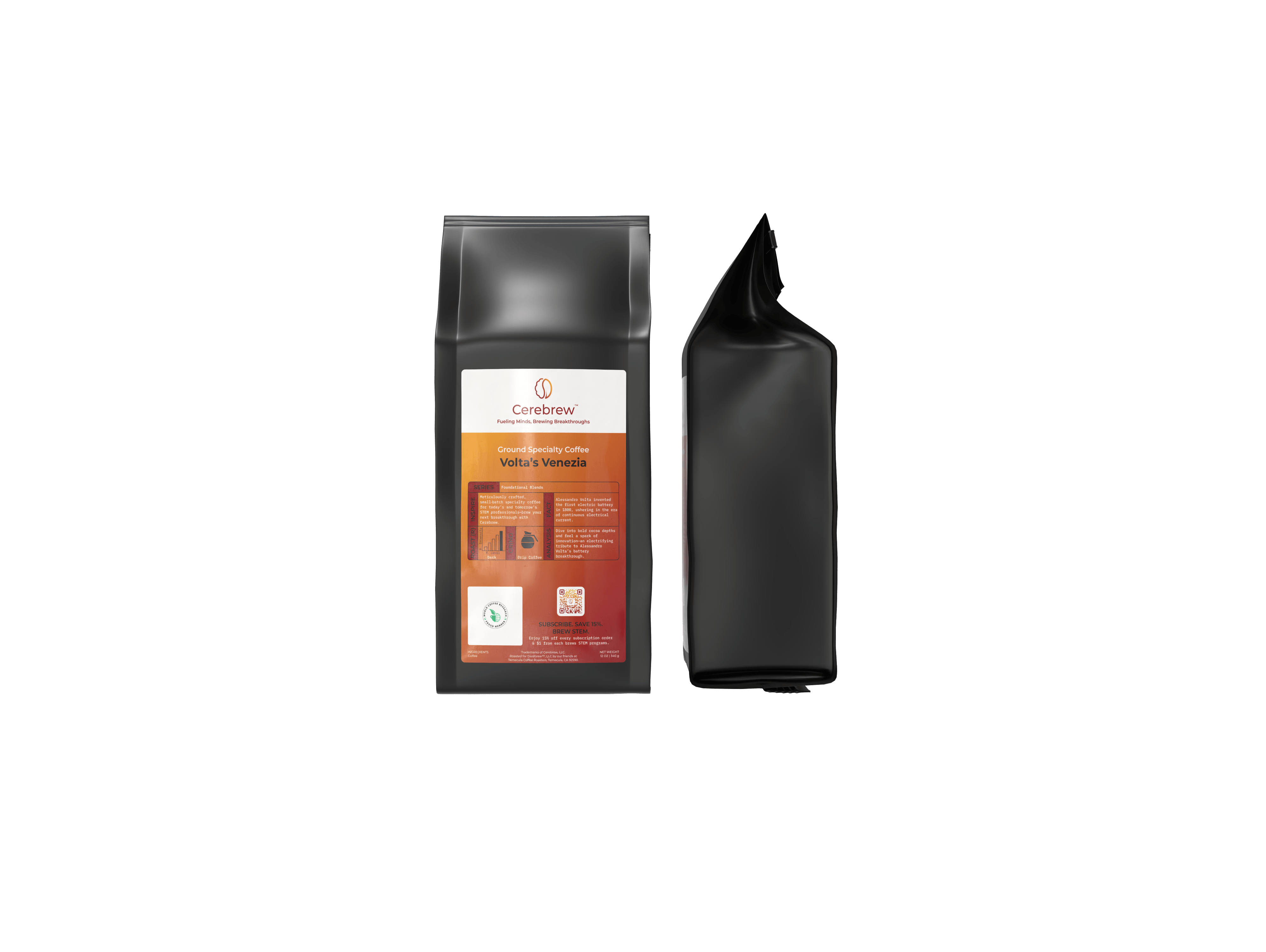Understanding the Link Between Coffee and Anxiety
Coffee is one of the most popular beverages in the world, with millions of people consuming it daily to kickstart their mornings or keep their energy levels up throughout the day. While many enjoy its rich flavor and energizing effects, some people experience anxiety symptoms after drinking coffee. Understanding the link between coffee and anxiety can help individuals make informed choices about their caffeine consumption.
Can Coffee Cause Anxiety?
Coffee contains caffeine, a natural stimulant that affects the central nervous system. It's well-known for its ability to increase alertness and reduce fatigue. However, caffeine can also induce anxiety symptoms in some people, especially when consumed in large quantities.
Caffeine Sensitivity
Caffeine sensitivity varies from person to person, meaning that the amount of caffeine that causes anxiety symptoms in one individual may not affect another in the same way. Factors like genetics, age, weight, and overall health can influence how a person responds to caffeine.
People with high caffeine sensitivity might experience anxiety symptoms such as restlessness, nervousness, rapid heartbeat, and even panic attacks, even with a small amount of coffee.
How Does Coffee Trigger Anxiety Symptoms?
When consumed, caffeine stimulates the production of adrenaline, the "fight or flight" hormone. This hormone prepares the body to respond to perceived threats, increasing heart rate and blood pressure, which can resemble anxiety symptoms.
The Role of Neurotransmitters
Caffeine also affects neurotransmitters, the brain chemicals that communicate information throughout the body. It blocks adenosine, a neurotransmitter responsible for promoting sleep and relaxation, leading to increased wakefulness and alertness.
Additionally, caffeine increases the production of dopamine, often referred to as the "feel-good" neurotransmitter, which can enhance mood. However, when dopamine levels rise too quickly, it can lead to feelings of anxiety or jitteriness.
Sleep Disruption
Consuming coffee, particularly in the afternoon or evening, can interfere with sleep patterns, leading to sleep deprivation. Lack of sleep is a significant contributor to anxiety, as the body and mind do not get the rest they need to function optimally.
Recognizing Anxiety Symptoms
It's crucial to recognize the symptoms of anxiety to determine whether coffee consumption is a contributing factor. Common anxiety symptoms include:
- Restlessness or feeling on edge
- Rapid heartbeat or palpitations
- Sweating or trembling
- Difficulty concentrating
- Irritability or mood swings
- Trouble sleeping
If these symptoms occur after drinking coffee, it may be worthwhile to evaluate caffeine intake.
Managing Caffeine-Induced Anxiety
If you suspect that coffee is contributing to your anxiety, there are several strategies you can try to manage your symptoms.
Reduce Caffeine Intake
The most straightforward approach is to cut back on caffeine. This doesn't necessarily mean quitting coffee altogether. Instead, you can:
- Gradually reduce the number of cups you drink each day
- Opt for decaffeinated coffee or tea
- Choose beverages with lower caffeine content
Monitor Timing
Pay attention to when you consume coffee. Try to avoid drinking it in the late afternoon or evening to prevent sleep disturbances that may contribute to anxiety.
Stay Hydrated
Caffeine is a diuretic, which means it can lead to dehydration if not balanced with adequate water intake. Staying hydrated can help mitigate some of the jittery effects of caffeine.
Practice Relaxation Techniques
Engage in relaxation techniques such as deep breathing, meditation, or yoga to manage anxiety symptoms. These practices can help calm the mind and reduce stress levels.

Alternatives to Coffee
If you find that coffee is not compatible with your anxiety management, consider alternative beverages that provide energy without the same level of stimulation.
Herbal Teas
Herbal teas like chamomile, peppermint, or ginger are caffeine-free and can have soothing effects on the mind and body.
Green Tea
Green tea contains less caffeine than coffee and includes L-theanine, an amino acid that promotes relaxation and focus.
Chicory Coffee
Chicory root can be roasted and brewed like coffee. It’s naturally caffeine-free and has a rich flavor similar to coffee.
Conclusion
While coffee can be a delightful part of daily life for many, it's important to recognize how it affects your body and mind, especially if you experience anxiety symptoms. By understanding the link between coffee and anxiety, you can make informed decisions about your caffeine consumption and explore alternatives that align with your well-being.
Remember, everyone's body reacts differently to caffeine, so finding the right balance for you is key to enjoying your favorite beverages without compromising your mental health.










